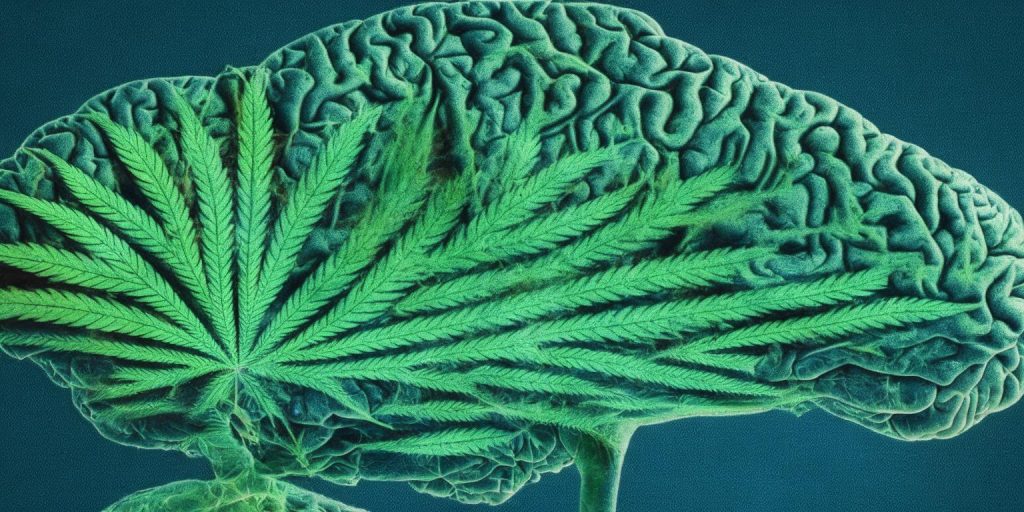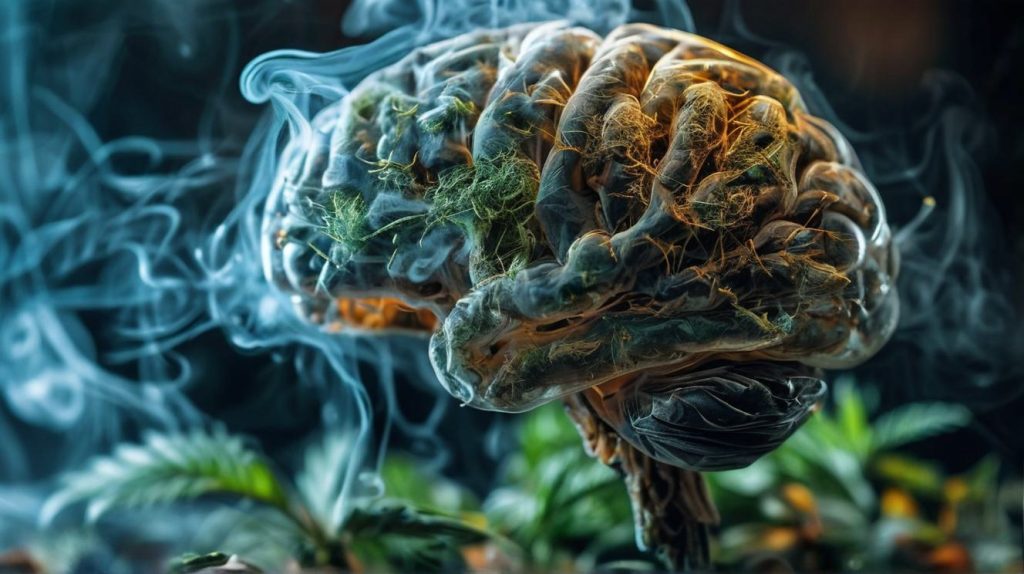
As the use of cannabis becomes more widespread, there is a growing concern about its potential impact on cognitive function, precisely reaction time. Many individuals wonder if weed can slow them down and negatively affect their ability to react quickly. Research suggests that there are indeed connections between marijuana use and impaired reaction time.
Multiple studies have found evidence that using weed can have a detrimental effect on reaction time. The altered perception of time caused by cannabis consumption may lead to slower reactions in various situations. This phenomenon can have potential consequences, especially in activities that require quick reflexes, such as driving or operating machinery.
Furthermore, research indicates that the negative impact on reaction time may not be limited to the duration of intoxication. Studies have shown that the cognitive impairment caused by marijuana use can persist for weeks or even longer after the immediate effects of cannabis have worn off.
While the precise extent and duration of these effects vary from person to person, there is evidence to suggest that the adverse impact on reaction time can be potentially permanent in some cases. Therefore, it is essential to understand the risks associated with marijuana use and make informed decisions regarding its consumption.
Marijuana, Memory, and the Hippocampus
When it comes to the effects of marijuana on cognitive function, one area of particular interest is memory and its connection to the hippocampus. The hippocampus is a brain region involved in memory formation and consolidation. Studies have shown that marijuana use can affect the functioning of the hippocampus, potentially leading to memory impairment.
Research conducted by David Pompei and his colleagues has shed light on how weed can impact the hippocampus. Their findings suggest that regular cannabis use may result in structural changes in this brain region, compromising memory-related processes. These structural alterations can contribute to difficulties in memory formation and retrieval, affecting both short-term and long-term memory.
Furthermore, marijuana’s influence on time perception is another factor that could contribute to a sense of slowed-down cognitive processing. Users often report a distorted perception of time while under the influence of weed. This altered time perception can create a feeling of sluggishness or a slower mental pace.
It is important to note that the effects of marijuana on cognition can vary depending on factors such as frequency of use, dosage, and individual differences. While some individuals may experience more pronounced cognitive impairments, others may be less affected.
To better understand the potential adverse side effects of marijuana use and its impact on cognitive function, it is recommended to consult reliable sources such as the National Institute on Drug Abuse (NIDA). NIDA provides valuable information and resources on the subject, offering insight into the science behind weed’s effects on the brain.
The Impact of Marijuana on Cognitive Function: Debunking Myths
As the popularity and legalization of marijuana continue to rise, it is crucial to explore and understand the potential risks associated with its use. Among the concerns surrounding cannabis consumption is the widely debated topic of whether weed can make you slower.
The National Institute on Drug Abuse (NIDA) has been at the forefront of research on the long-term effects of marijuana. Their extensive studies have revealed a growing body of evidence suggesting that marijuana use can indeed have adverse consequences on cognitive abilities, including reaction time and information processing.
One notable study conducted by NIDA involved rats exposed to THC, the main psychoactive component of cannabis. The findings indicated that THC exposure led to a decrease in cognitive performance, particularly in tasks involving memory, attention, and decision-making. These results are highly relevant to understanding the potential impact of marijuana on human cognitive function.
Another significant research initiative is the Adolescent Brain Cognitive Development (ABCD) study. This ongoing longitudinal study funded by NIDA seeks to examine the effects of substance use, including marijuana, on brain development in adolescents. Preliminary findings from the study suggest that marijuana use during adolescence may have long-term effects on cognitive abilities and brain structure.
The research conducted by organizations like the National Institute on Drug Abuse highlights the growing number of studies that demonstrate the adverse effects of marijuana on cognitive function. As the debate surrounding cannabis continues, it is essential to prioritize informed decision-making and education on the potential risks associated with its use.
Mitigating the Effects of Cannabis on Reaction Time: Strategies for a Safer Experience
For individuals who experience slow reflexes due to cannabis use, it is essential to explore ways to counteract these effects and ensure a safer and more enjoyable experience. While cannabis can potentially impair reaction time and lead to slower reflexes, some strategies can help mitigate these adverse side effects.
First and foremost, it is crucial to be aware of your own tolerance and sensitivity to cannabis. Understanding how your body reacts to different strains and doses can help you make informed decisions about consumption. Start with lower doses and gradually increase if needed, allowing yourself to gauge the impact on your reaction time and overall cognitive function.
Engaging in regular physical exercise can also be beneficial. Exercise has been shown to improve cognitive functions and enhance overall brain health. By maintaining an active lifestyle, you can potentially offset some of the adverse effects of cannabis on reaction time.
Additionally, ensuring a suitable environment for cannabis consumption is essential. Being in a comfortable and familiar setting can help alleviate anxiety or stress that may exacerbate any adverse side effects. It is advisable to create a relaxed atmosphere, free from distractions, to promote focus and attentiveness.
Combining cannabis with other substances, such as alcohol or prescription medications, can amplify the sedative effects and further slow down reaction time. It is crucial to exercise caution and avoid mixing substances that may have compounding effects on cognitive function.
Another aspect to consider is the method of consumption. Different techniques, such as smoking, vaping, or consuming edibles, can result in varying degrees of impact on reaction time. Inhalation methods provide quicker onset but shorter duration, while edibles may have a delayed start but a longer-lasting effect. Understanding the differences can help you choose a way that aligns with your desired experience and minimizes the potential impact on reaction time.
Conclusion
Lastly, it is vital to prioritize safety and responsibility. Avoid engaging in activities that require quick reflexes, such as driving or operating machinery, while under the influence of cannabis. Plan ahead and ensure you have a sober designated driver if needed. By being mindful of your own limitations and the potential effects of cannabis, you can make informed choices to minimize risks and prioritize your well-being.



